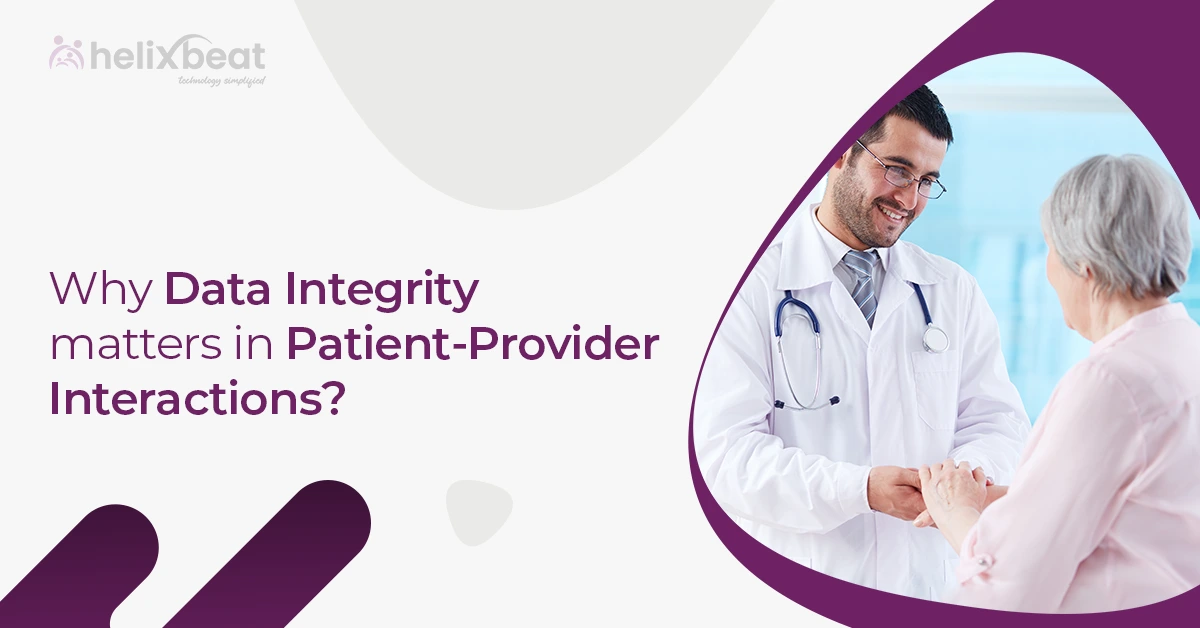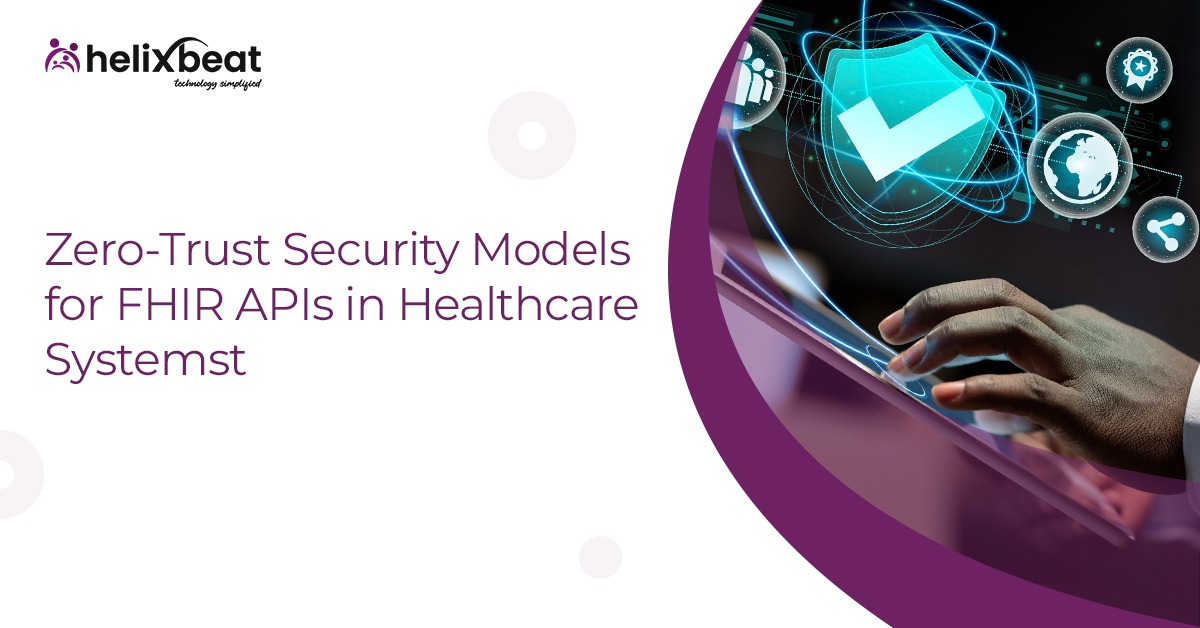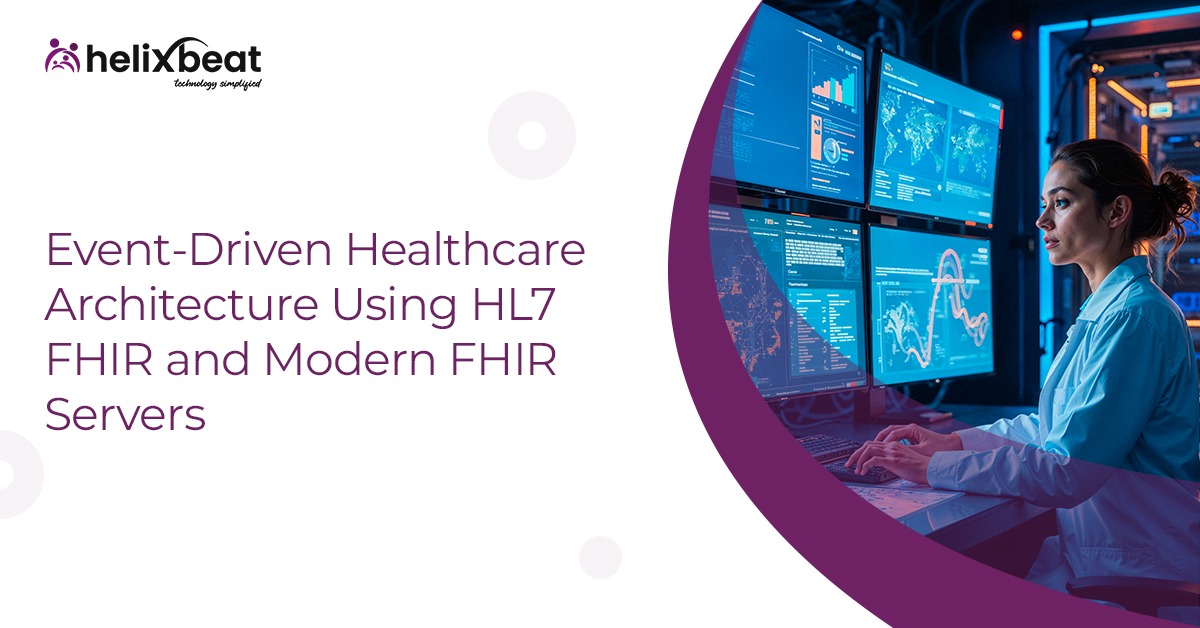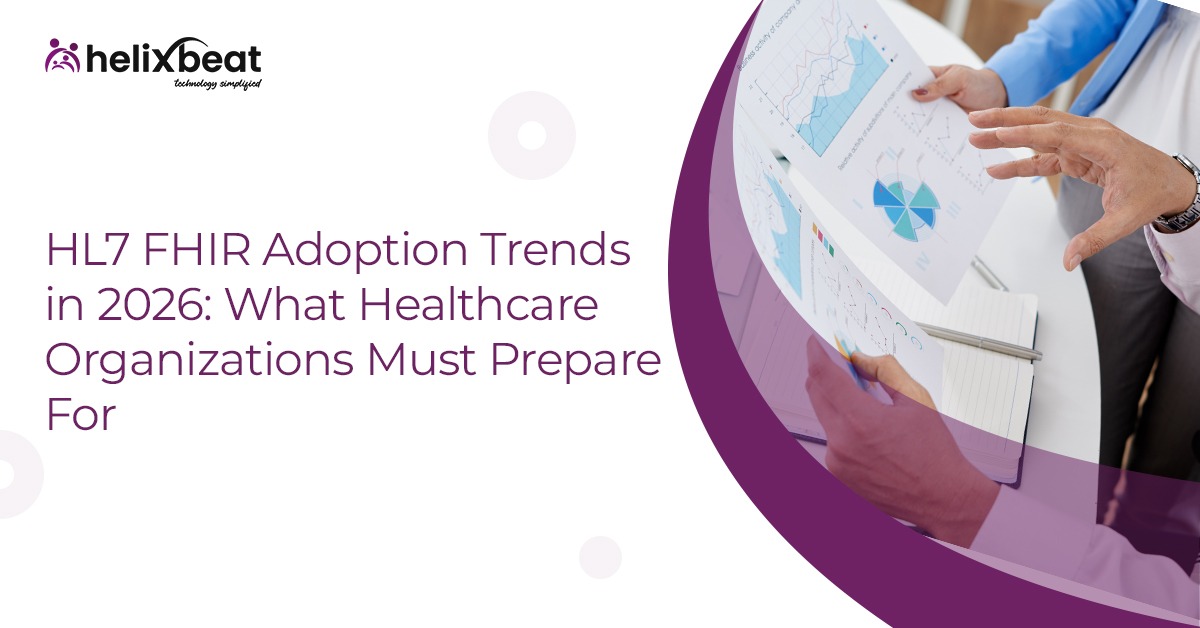Today, technology facilitates communication, information sharing, and care coordination between patients and providers. Whether it’s electronic health records (EHRs), telemedicine platforms, or wearable devices tracking vital signs, data has become the backbone of modern patient care. However, as healthcare becomes increasingly technology-driven, maintaining data integrity becomes equally critical.
Data integrity, at its core, refers to the accuracy, consistency, and reliability of data over its lifecycle. For healthcare providers, maintaining high data standards is not just a regulatory requirement but a critical component of quality care. In this blog, we’ll discuss why data integrity is pivotal in patient-provider interactions and how PULSE protects the integrity of patient data.
Table of Contents
The Role of Data in Modern Healthcare
Data in healthcare serves multiple purposes:
- Informed Decision-Making: Providers rely on accurate patient data to diagnose, recommend treatments, and monitor outcomes. Even a minor error in medical records can lead to misdiagnosis or inappropriate treatment plans.
- Continuity of Care: With seamless data transfer, every practitioner involved in a patient’s care can access a comprehensive view of their medical history across different settings.
- Patient Engagement: Modern patients are active participants in their care journey. Therefore, access to accurate data through patient portals or apps empowers individuals to manage their health more effectively.
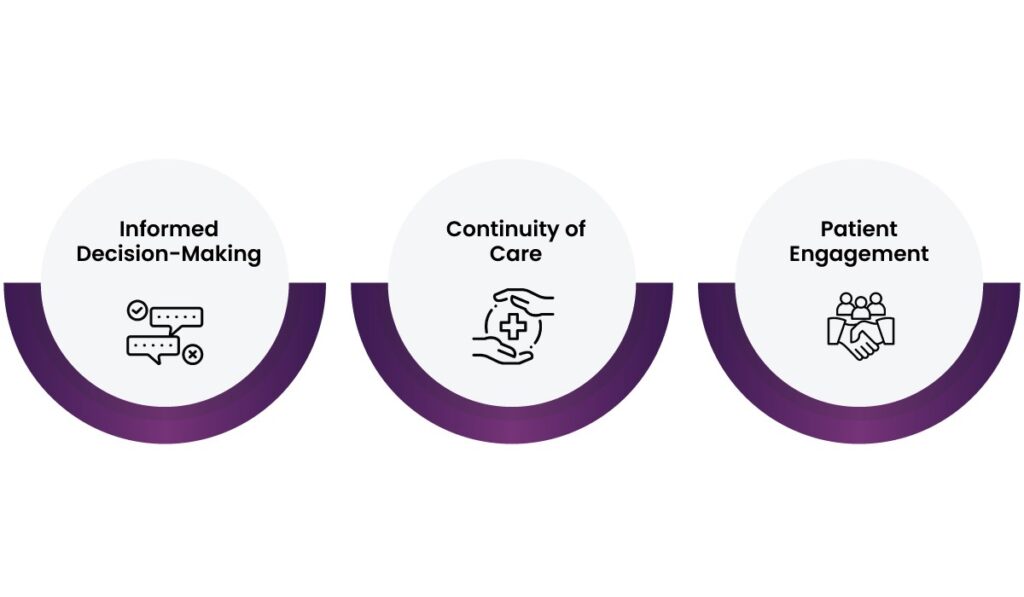
For these reasons, maintaining data integrity becomes indispensable for effective healthcare delivery.
How Data Integrity Impacts Patient-Provider Relationships
Accuracy in Diagnosis and Treatment
As mentioned earlier, accurate data is critical for effective diagnosis and treatment. However, even small errors in manual data entry can have significant consequences. For example, imagine a diabetic patient whose blood sugar level is mistakenly recorded as 250 mg/dL instead of the actual 205 mg/dL. This seemingly minor discrepancy could lead to the prescription of an excessive insulin dose, which can result in hypoglycemia and serious health risks. Such scenarios highlight how errors in data handling can compromise patient safety. This reinforces the need for reliable and precise systems to manage medical information seamlessly.
Building Patient Trust
Trust forms the foundation of every healthcare relationship. Patients rely on providers to handle their sensitive information with care and accuracy. However, mishandling data, breaches, or inconsistencies can quickly undermine this trust and discourage patients from sharing sensitive information. Over time, this can create a barrier to effective communication and compromise care quality.
Legal and Ethical Implications
Data integrity is not just a best practice—it’s a legal requirement. Regulations like the Health Insurance Portability and Accountability Act (HIPAA) in the United States mandate the accurate and secure handling of patient data. Failing to uphold these standards can have significant legal repercussions and damage the provider’s reputation.
How PULSE Upholds Data Integrity
PULSE, a patient-provider unified ledger powered by Distributed Ledger Technology (DLT), creates a centralized yet decentralized framework to maintain a unified and trustworthy record of patient-provider interactions. This system prioritizes data integrity, enhances interoperability, and boosts seamless collaboration among stakeholders while safeguarding privacy and security.
The decentralized foundation of DLT prevents any single entity from monopolizing patient data. Instead, the system provides a unified and comprehensive view of all patient records, thus facilitating fair and secure access for all authorized parties. Also, each patient-provider interaction is permanently recorded within the ledger. These tamper-proof records serve as a reliable and unalterable history of medical events and decisions. By providing patients with a transparent, accurate, and traceable medical history, misunderstandings or disputes can be minimized, thus leading to a smoother healthcare journey for all.
Enhancing Patient Engagement with Security and Privacy
PULSE integrates advanced security technologies to protect patient data. Here’s how it prioritizes safeguarding sensitive information and creates a secure environment.
1. Encryption: Strengthening Data Protection
PULSE employs sophisticated techniques to secure patient information during both transmission and storage. This layer of security mitigates vulnerabilities and prevents unauthorized access to sensitive health data. By using end-to-end encryption, patients gain confidence that their personal information remains confidential, thus promoting a sense of safety when interacting with healthcare systems.
2. Zero-Knowledge Proofs (ZKP)
The platform utilizes Zero-Knowledge Proofs, which validate specific data points without revealing additional sensitive information. This approach facilitates secure verification processes, such as confirming identity or eligibility, without exposing unnecessary personal details. As a result, patients retain greater control over what information is shared, which creates a privacy-centric system.
3. Role-Based Access Control (RBAC)
By implementing Role-Based Access Control, PULSE regulates access to data based on defined roles within the healthcare system. Each stakeholder—whether a doctor, nurse, or administrator—can only access the specific data necessary for their responsibilities. This structured approach minimizes the risk of data misuse. Therefore, patients benefit from the assurance that their information is only available to authorized personnel, thus reducing concerns about improper handling of their health records.
Through these measures, PULSE not only protects sensitive information but also empowers patients by prioritizing their privacy and security.
Final Words
In an era where technology underpins healthcare, data integrity is the pillar of effective patient-provider interactions. Accurate, consistent, and reliable data drives informed decision-making, builds patient trust, and supports regulatory compliance. With its innovative use of Distributed Ledger Technology (DLT), PULSE revolutionizes healthcare data management. By creating tamper-proof, secure, and interoperable records, PULSE ensures transparency and empowers patients to participate actively in their healthcare journey.
Experience the future of healthcare data management with PULSE. Contact us today to learn how PULSE can transform your healthcare operations!
FAQs
1. What is data integrity in healthcare?
Data integrity in healthcare refers to the accuracy, consistency, and reliability of patient data throughout its lifecycle. It’s crucial for effective communication, accurate diagnoses, and better patient outcomes.
2. Why is data integrity important in patient-provider interactions?
Data integrity helps build trust, supports accurate diagnoses and treatments, and facilitates smooth coordination among healthcare providers. It also complies with legal obligations, such as HIPAA regulations.
3. How can data errors impact patient safety?
Even small data errors can lead to significant health risks. For example, incorrect medical records could result in misdiagnosis, inappropriate treatment plans, or incorrect medication dosages.
4. What role does technology play in maintaining data integrity?
Technologies like Distributed Ledger Technology (DLT), encryption, and role-based access control help safeguard data accuracy, prevent tampering, and protect sensitive patient information.
5. How does PULSE use Distributed Ledger Technology (DLT) in healthcare?
PULSE uses DLT to create tamper-proof, decentralized records of patient-provider interactions. This technology promotes transparency, enhances data security, and enables seamless interoperability.
6. How does PULSE improve patient engagement?
By providing patients access to transparent and accurate medical records, PULSE empowers them to actively participate in their healthcare journey while safeguarding their privacy and security.
7. What are Zero-Knowledge Proofs, and how do they protect patient data?
Zero-Knowledge Proofs allow the verification of specific data points without revealing additional sensitive information, thus offering a privacy-focused approach to data sharing and validation.
8. What is the significance of Role-Based Access Control (RBAC) in healthcare?
RBAC limits data access based on specific roles, guaranteeing that only authorized personnel can access relevant patient information, thereby reducing the risk of data misuse.
9. What legal and ethical regulations apply to healthcare data integrity?
Laws like HIPAA in the United States mandate accurate and secure handling of patient data. Non-compliance can result in severe legal and reputational consequences for healthcare providers.



